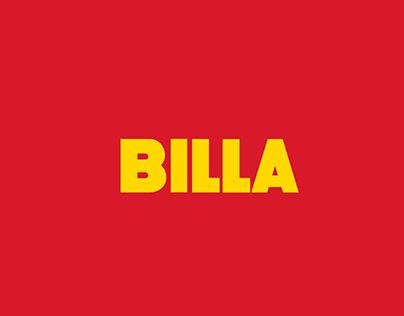#183 La Revedere, Romania – Billa’s Exit from Romania
After the fall of the Berlin Wall, Western European companies in industries from banking to retail experienced a golden age of opportunity and expansion. Without local companies in Eastern Europe capable of meeting market needs, rising incomes and increasing consumer demand presented unique prospects for new entrants. One such new entrant was Austrian supermarket chain Billa, itself owned by the German REWE group, which established itself in Romania in 1999. By 2014, Billa reported total revenue of around $500 million and more than 3,000 employees in Romania. However, Billa’s started to experience challenges as early as 2011, when its profits started to fall. By 2016, Billa’s revenue had fallen to approximately $300 million and it seemed that the – short – golden age of market expansion into Eastern Europe had come to an end.
Billa’s experience in Romania highlights the complexities of international market dynamics, consumer preferences, and strategic adaptation. When Billa entered the Romanian market in 1996, the country was transitioning to a market economy. Billa’s high quality of products and service were novel to Romania initially, but the allure of the new had quickly worn off. One of Billa’s critical missteps was its inadequate adaptation to local consumer preferences, including pricing, product selection, or brand messaging that did not resonate with Romanian consumers. Customer expectations also quickly outgrew the realities of workforce development. Billa found it hard to find local employees that were prepared for its Western standards and style of management, often resulting in customer complaints about the lack of service and friendliness as well as the lack of cleanliness of their stores. Billa also experienced operational inefficiencies including supply chain management and distribution logistics, which impacted its performance. With razor-thin margins, efficient supply chain management is crucial in the retail sector, and shortcomings in this area can significantly affect competitiveness and customer satisfaction.The Romanian supermarket sector also became increasingly competitive over the years, with many local and international players entering the sector. Billa faced stiff competition from these retailers, who often provided more tailored offerings and competitive pricing, and Billa’s first-mover advantage quickly wore off. In 2015, Billa announced that it would pull out of Romania after less than two decades years in the market: French retail giant Carrefour took over 86 of Billa’s supermarkets in Romania in a deal valued at more than $100 million.
